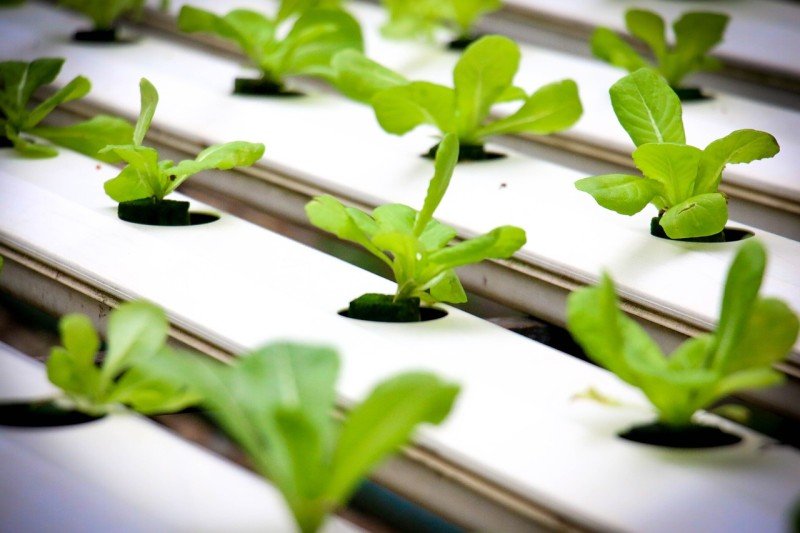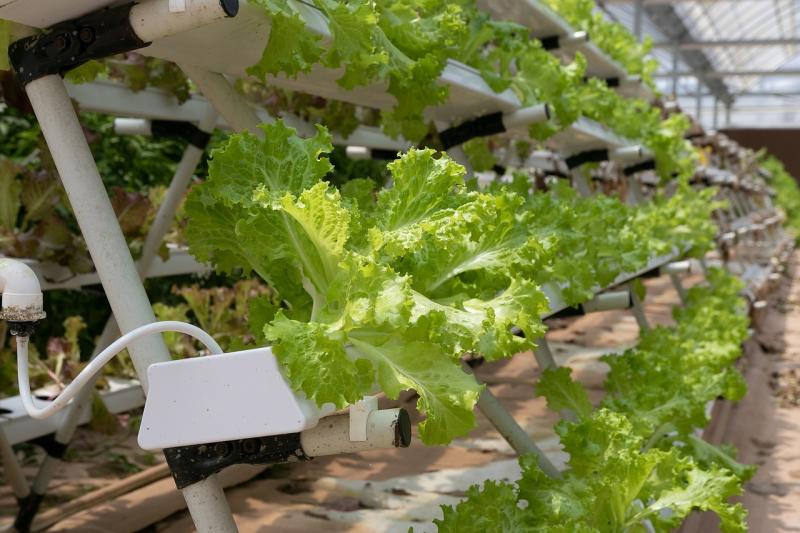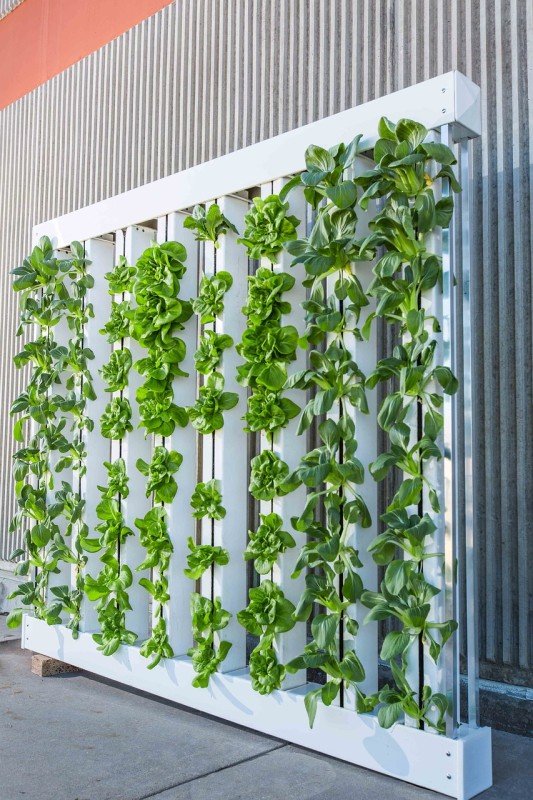Getting Started: The Must-Have Equipment for Hydroponic Gardening
As a beginning hydroponic gardener, it can be overwhelming to sift through all the equipment available on the market. Here are the must-have items that you will need to get started on your hydroponic gardening journey.
1. Grow System
A grow system is the foundation of your hydroponic setup. It includes all the necessary components to grow your plants, such as the reservoir, pump, and tubing for nutrient solution distribution. There are many different types of grow systems available, including deep water culture, drip irrigation, and nutrient film technique. Choose one that suits your needs and budget.
2. Lighting
Since hydroponic systems are often indoors, providing adequate lighting is crucial for plant growth. LED grow lights are the most popular and efficient type of lighting for hydroponic systems. They are energy-efficient, provide full-spectrum lighting, and do not produce excessive heat like other lighting options.
3. Nutrients
Unlike traditional soil gardening, hydroponic gardens require nutrient solutions to be added directly to the water. There are many different types of hydroponic nutrients available, including organic and synthetic options. Choose a nutrient solution that is appropriate for your plants and is easy to mix and use.
4. Growing Medium
Since plants are not grown in soil in hydroponic systems, they require a substrate to anchor their root systems. There are many different types of growing media available, including rockwool, coco coir, perlite, and vermiculite. Choose a growing medium that suits your plants' needs and is readily available in your area.
5. pH Testing Kit
The pH level of your hydroponic system is crucial to your plants' health. A pH testing kit is necessary to ensure that your nutrient solution is at the correct level for optimal plant growth. The ideal pH level for hydroponic systems is between 5.5 and 6.5.
Investing in these essential items will help you get started on your hydroponic gardening journey. As you become more experienced, you can add additional equipment to enhance your growing system.
Maximizing Nutrient Uptake: Essential Nutrient Solutions for Hydroponic Systems
When it comes to hydroponic systems, maximizing nutrient uptake is key to achieving healthy plant growth and high yields. One of the best ways to do this is by using essential nutrient solutions that are specially formulated for hydroponics.
Here are some essential nutrient solutions you should consider for your hydroponic system:
1. NitrogenNitrogen is an essential nutrient that plants need for chlorophyll production and growth. In hydroponic systems, nitrogen is usually supplied in the form of nitrate or ammonium. Nitrate is preferred because it is easier for plants to absorb and use.
2. PhosphorusPhosphorus is essential for root development, flower formation, and fruiting. In hydroponic systems, phosphorus is usually supplied in the form of phosphate. It is important to maintain a balanced ratio of nitrogen to phosphorus to avoid nutrient deficiencies.
3. PotassiumPotassium is essential for plant growth and development, especially for carbohydrate and protein synthesis. It also helps regulate water movement in and out of plant cells. In hydroponic systems, potassium is usually supplied in the form of potassium chloride or potassium sulfate.
4. CalciumCalcium is important for overall plant health, cell signaling, and root development. In hydroponic systems, calcium is usually supplied in the form of calcium nitrate or calcium chloride. It is important to maintain a proper balance of calcium to prevent nutrient deficiencies and disorders like blossom end rot.
5. MagnesiumMagnesium is essential for chlorophyll production and photosynthesis. In hydroponic systems, magnesium is usually supplied in the form of magnesium sulfate or Epsom salts. It is important to maintain a balanced ratio of magnesium to calcium to avoid nutrient imbalances and deficiencies.
6. Trace mineralsIn addition to the macro nutrients listed above, plants also need trace minerals like iron, manganese, zinc, and copper. These minerals are usually supplied in a chelated form that is easily absorbed by plants. It is important to follow manufacturer instructions when using trace mineral supplements to avoid overuse and toxicity.
By using essential nutrient solutions in your hydroponic system, you can ensure that your plants are getting the nutrients they need to thrive. Be sure to monitor your nutrient solution regularly and adjust as needed to maintain a healthy balance of nutrients for optimal plant growth and yields.
Maintaining Healthy Growth: The Top Tools for Monitoring and Controlling Your Hydroponic Environment
Hydroponic systems offer a unique and efficient way to grow plants, but maintaining the right environment is crucial for healthy growth. Luckily, there are numerous tools available to help hydroponic farmers stay on top of their crop's health and adjust their system as needed.
pH Testers and Adjusters
One of the most important aspects of a successful hydroponic system is maintaining the proper pH level. Plants can only absorb nutrients within a specific range of pH, typically between 5.5 and 6.5. pH testers allow growers to measure the acidity of their nutrient solution and adjust it accordingly using pH adjusters. This simple but crucial step can mean the difference between thriving plants and disappointing yields.
EC and PPM Meters
Another essential aspect of hydroponic growing is maintaining the appropriate levels of nutrients in the water. EC (electrical conductivity) and PPM (parts per million) meters measure the concentration of these nutrients in the water, allowing farmers the knowledge they need to make appropriate adjustments. If nutrient levels are too high or too low, plants can suffer from nutrient burn or deficiencies, which can ultimately lead to stunted growth or death.
Temperature and Humidity Gauges
Climate control is essential to maintaining steady growth in a hydroponic system. Temperature and humidity gauges allow growers to keep a close eye on the environment and adjust it as needed. A too-warm or too-humid growing space can lead to a number of plant problems, including mold and mildew.
Light Meters
Light is an essential element of photosynthesis and the success of any plant growth. Light meters gauge the intensity of light in a growing space, ensuring that plants are receiving the appropriate amount for healthy growth. With this technology, farmers can also adjust the height and positioning of their grow lights to optimize photosynthesis.
Using these tools and maintaining proper environmental controls can mean the difference between a bountiful crop and a disappointing one. Investing in these essential products for hydroponic growing systems can help maximize profits and ensure sustainable success for hydroponic farmers.



